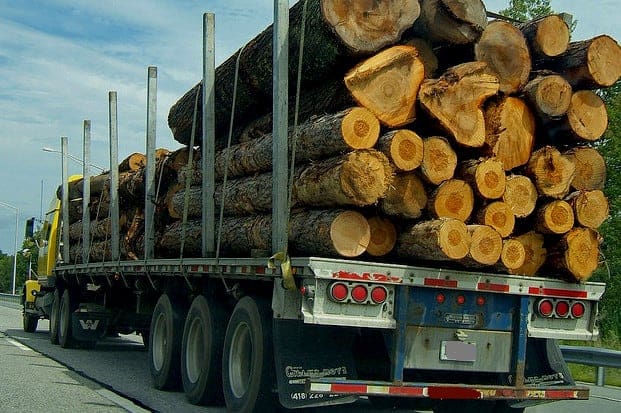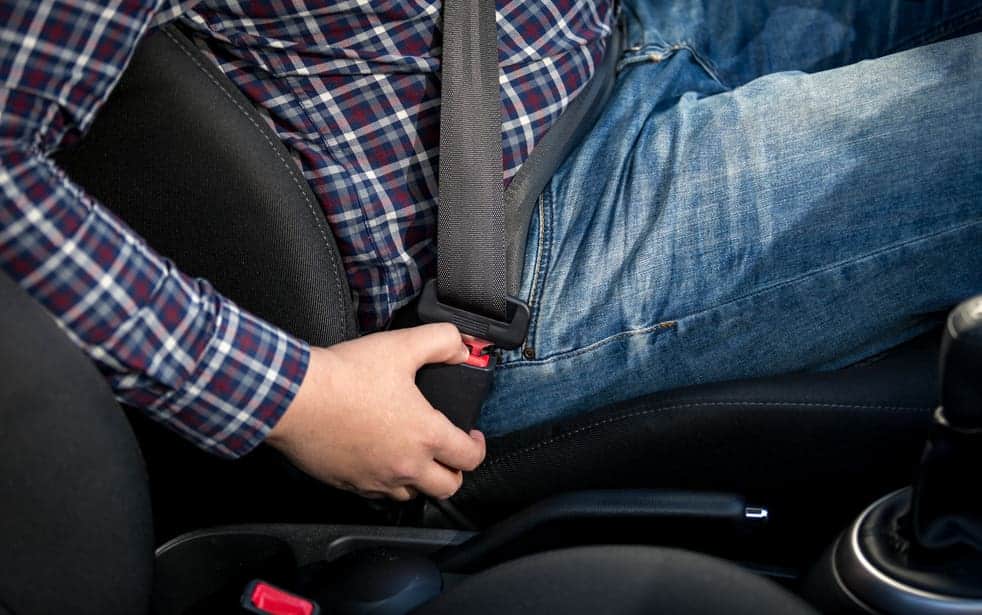Many years ago, I represented Anthony Qamar’s family after he was killed in a log truck crash.
I often think of the families and people I have represented over my three decades as an attorney. Tony’s case came to mind recently when I was asked to represent a man who was seriously injured when the driver of a log truck pulled out right in front of him.
The log truck crash that (finally) changed the law
Tony was a Washington State seismologist, and a research professor at the University of Washington. He, along with Daniel J. Johnson, a former University of Puget Sound geophysics researcher, were driving to the Olympic Peninsula to check on instruments and collect recent earthquake data off the coast.
As the scientists were traveling down U.S. 101, an overloaded log truck dumped its load. The result was a horrific crash that fatally injured both Tony and Dan.
In investigating the log truck crash, we learned some some bone-chilling facts.
- The truck driver was speeding.
- The log trailer had been overloaded.
- The truck driver had a history of safety problems; and,
- He had tested positive for methamphetamines.
Finally, shortly after the fatal crash, the trucker—who had emerged unscathed from the fatal wreck—was back on the highway. He was driving logging rigs for a company with a long history of safety violations.
Recommended Article About Log Truck
Within months, he spilled another load of logs.

After a two-year effort by the scientists surviving families and friends, the Tony Qamar and Daniel Johnson Act was signed into law in Washington State, creating a new system to remove dangerous commercial vehicles from public highways.
The new law gave the Washington State Patrol (WSP) speedy access to statewide date that allows for inspection and compliance reviews to focus on higher-risk carriers. Specifically, the new law made the following changes.
- Required intrastate (within the state) motor carriers that operate trucks over 26,000 pounds—or trucks that carry hazardous materials, like very heavy logs—to get a USDOT number. Now their safety violations are recorded in the existing federal safety database that was set up for interstate trucking.
- Authorizes the Washington State Patrol to prioritize for inspection and compliance reviews the motor carriers that have been identified as higher risk carriers. WSP can shut down trucking companies with a pattern of safety violations until the violations are corrected.
- Significantly increased penalties for multiple violations.
One case can make a difference.
I was honored to represent the Qamar family in bringing accountability and responsibility for Tony’s death. Our legal team obtained insurance policy limits to resolve the liability claims. But, like most families, they needed more than financial restitution.
In this case, the changes to the law were a fitting tribute to two people who had spent their lives using facts and data to promote public safety.
The new log truck crash case I am handling doesn’t have the same serious safety issues. In fact, I have never seen another logging truck case as egregious as the Qamar case.
That is not an accident. It is a direct result of the enactment of the Qamar and Johnson law, which has prevented similar crashes from occurring throughout the state of Washington.
Truck crash case: Qamar v. Leonard Trucking, Inc.; $1,850,000.00 (maximum result – policy limits).



